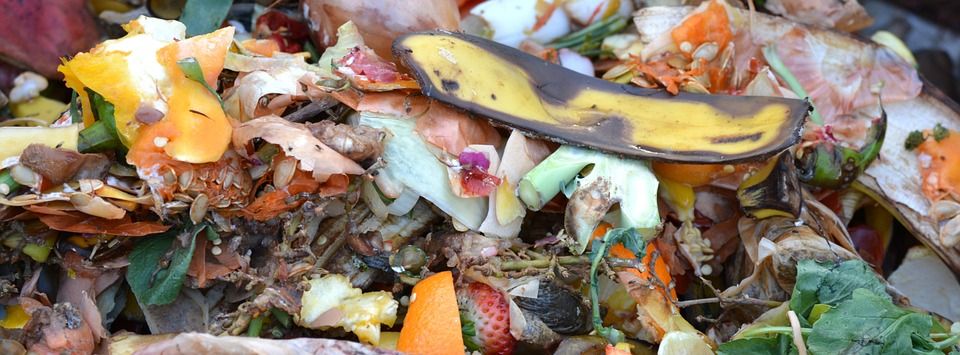A majority on the technical and environmental committee at City Hall yesterday agreed that in future all Copenhageners will be obligated to sort and recycle their food waste.
The collected food waste will be treated at a biogas plant and the residue product will be spread out onto farming fields to ensure that limited resources, such as phosphor, is applied back into nature.
“If we are to ensure that future generations have food on the table, it’s essential that we begin to sort and recycle potato peels, coffee grime and other food waste,” said Morten Kabell, the deputy mayor for technical and environmental issues.
“Copenhageners are very good at taking responsibility for the environment and climate. We see that with all the people riding their bicycles to work in the wind and rain. So I think we can get a lot of Copenhageners to sort more of their waste if we make it simple and manageable for them.”
READ MORE: Plastic recycling becoming a success in Copenhagen
Bucket and bag it
The decision means that all residents will be provided with a container for bio-waste, regardless of whether they live in an apartment building or a house.
Residents will be given a bucket and special bags for bio-waste and the municipality will step up its communication efforts regarding recycling.
Kabell highlighted the city residents embracing the opportunity to recycle plastic, metal and electronics on a par with glass, paper and cardboard over the past two years. An earlier survey suggested that 78 percent of citizens would sort and recycle food waste, given the chance.
Some 10 percent of the capital’s residents will be omitted from the recycling plan because of a lack of space in their backyard areas.
As of now, the city’s food waste recycling initiative is voluntary and only caters to villa house areas.















